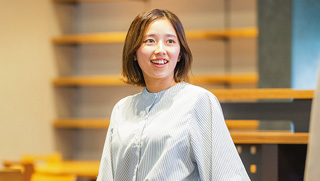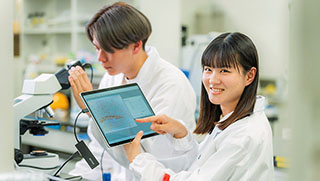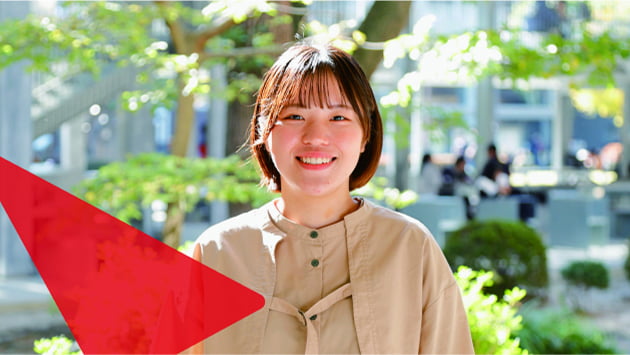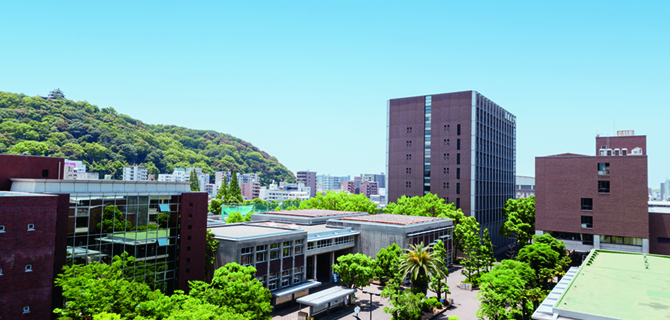College of Pharmaceutical Sciences
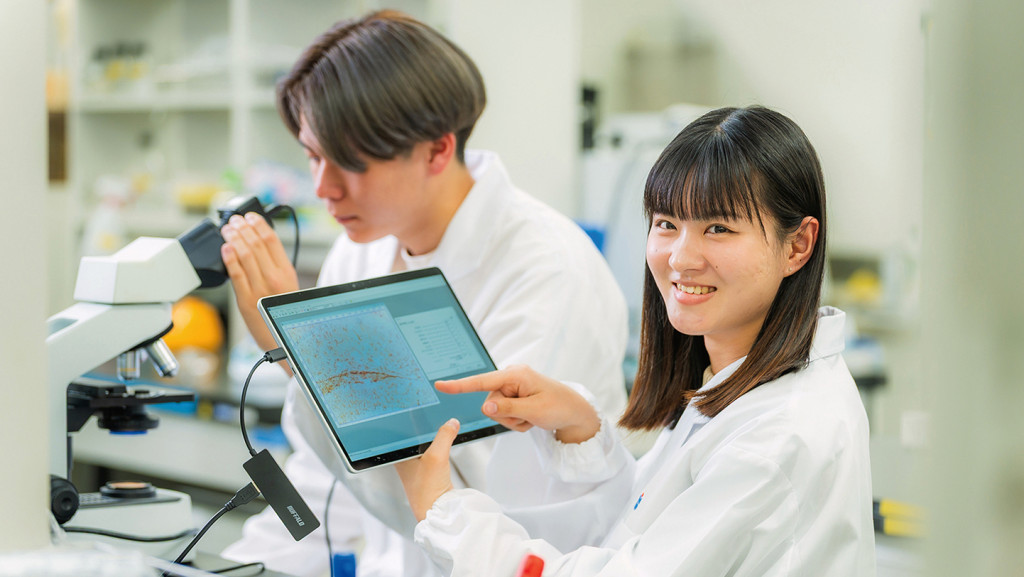
Overview
Through student-centric learning and a wealth of support, we aim to produce the next-generation pharmacists who will serve their areas as medicine specialists
Pharmacists are “medicine specialists” whose skills are needed in a range of medical scenarios, thanks to the dramatic changes in today’s medical treatment and the advent of the aging society. Matsuyama University has brought in a six-year system for pharmaceutical education with the aim of cultivating pharmacists who play active roles in pharmacies that serve as health stations for the local community, or in hospitals. Our alumni are people who, in addition to acquiring advanced knowledge and skills, have acquired superior interpersonal skills that allow them to also care for the hearts of patients, and contribute extensively to their local community.
The three abilities students will master
- The ability to effectively use medicines
A pharmacist also needs knowledge about health to be able to use medicines effectively. Students will master specialized knowledge and practical skills in both medicine (substances) and health (the body). - The ability to practice medicine
Students will master the strong sense of ethics and advanced communication skills required of medical practitioners, and a wide range of basic knowledge. - The ability to seek the future
Students will master the ability to learn advanced technologies and scientific thinking, and tackle the challenges of the future, in order to engage in explaining the causes of illness or developing new medications.
Features of learning
- Cultivating the qualities future eras will require of pharmacists over six years
The ability to discover and solve problems, and knowledge, skills, and attitudes for medicine and health. It is the combination of all these that allows a person to fulfill the role of a pharmacist. We provide pharmaceutical education to suit the needs of the time. Through our wide range of educational programs, we aim to cultivate the next generation of both pharmacists and people who will be active in pharmacy-related fields. - An education system that leverages the merits of studying at a comprehensive university
The ideal end goal of six years of pharmaceutical education is pharmacists with a broad-based education that does not stop at just knowledge of pharmacology. Matsuyama University has a long track record of education in the humanities and social sciences, so students are able to learn about a range of fields through inter-faculty tie-ups that leverage the merits of a comprehensive university. Our top-class faculty members, including physicians and pharmacists, are a major feature as well. The specialist staff in our faculty form a well-balanced organization ranging from young to veterans. All our faculty members have doctorates. - A strong support system designed for the national exam
In their sixth year, students take lectures and seminars to comprehensively review the pharmacological knowledge they have learned and form it into integrated knowledge based on their clinical experiences. These lectures and seminars allow students to master the skills required to pass the national pharmacist exam. In addition, separately to university lectures and seminars, external instructors specializing in the national pharmacist exam will give classes and mock exams. Moreover, we offer multi-faceted support for the national exam, such as individual instruction from associate and full professors in each lab, as well as web-based problem books to help support self-study. - A close-linked network of hospitals and pharmacies throughout the prefecture
To gain the qualification to sit the national pharmacist exam, students are required to have practical training at hospitals and pharmacies. In this faculty, we have liaisons with 30 hospitals and 92 pharmacies in Ehime Prefecture, and carry out this training over a period of 22 weeks. The faculty members also provide multi-faceted support for students. - Joint classes held through tie-ups with Ehime University and Ehime Prefectural University of Health Sciences
Through tie-ups between Matsuyama University’s College of Pharmaceutical Sciences and the Department of Nursing and the Department of Medicine, School of Medicine, Ehime University, along with the Department of Medical Technology, Ehime Prefectural University of Health Sciences, we offer joint classes over these four departments in three universities. When medical staff in a range of fields form a team to treat a single patient, it is vital to have an understanding of different fields. Only once this is done can each person’s role and the ways in which they should work together be seen. At Matsuyama University, we actively engage in learning about “team medicine.”
CONTACT
Please use this address for inquiries on this page.


